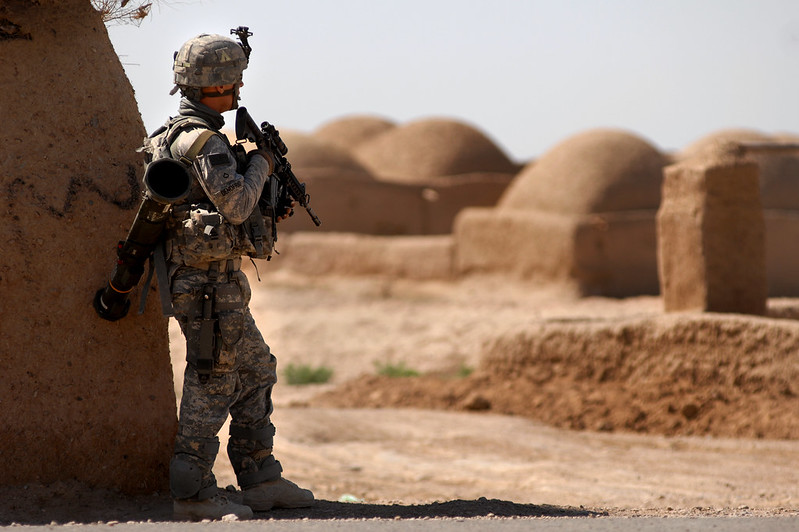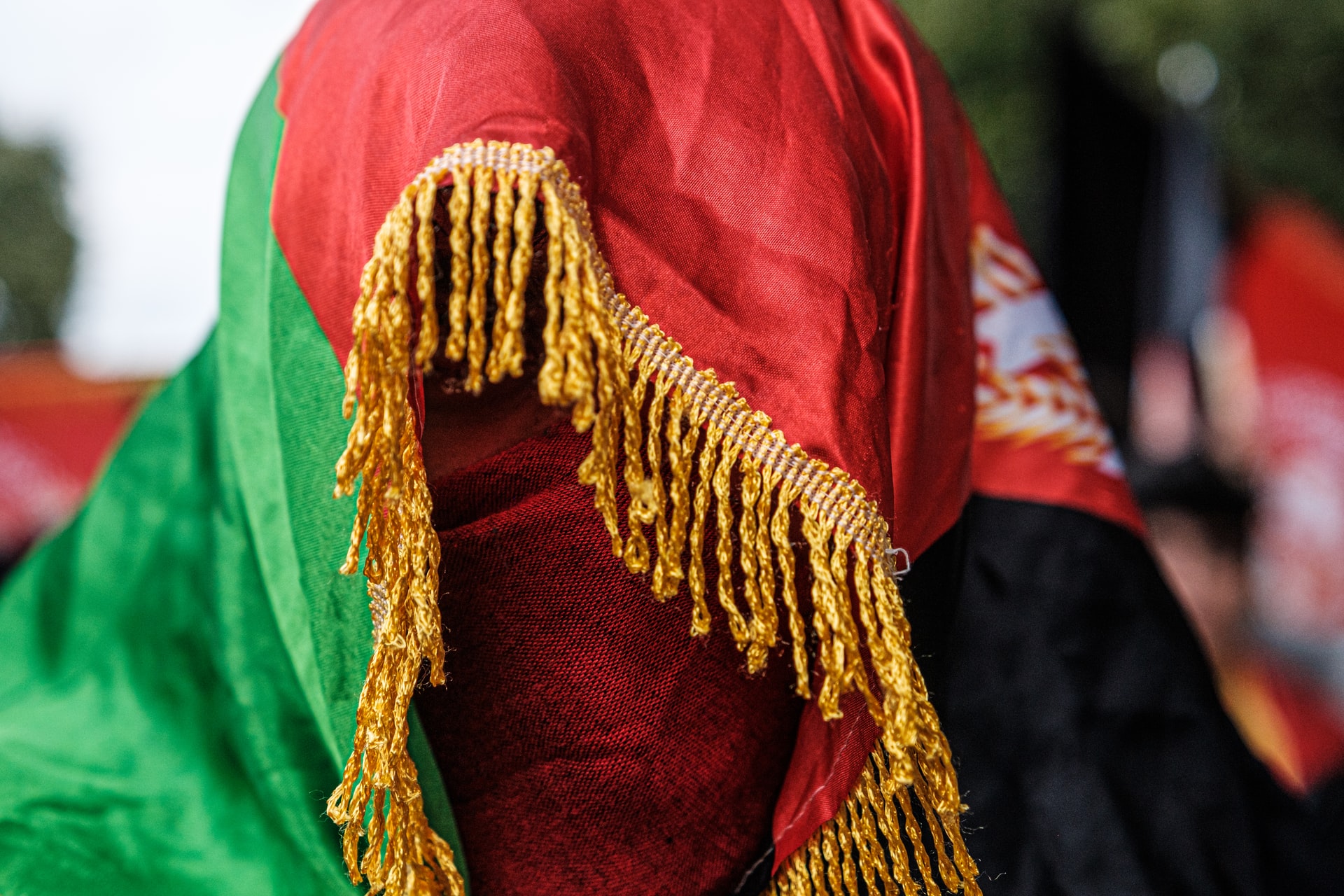In the 2+ years of the establishment of the ‘Emirate’ and Taliban rule in Afghanistan, the Emir himself has been remarkably invisible. In this brief, reflective post, Obaidullah Baheer discusses possible meanings of the Emir’s cultivated invisibility, its possible reasons and outcomes.
Last month the Taliban completed two years back in power.
There are many features of the Taliban reign that make it unique for today’s times. They have made Afghanistan the only country in the world where girls and women are not allowed to study beyond Grade 6. According to the International Labour Organisation, women’s employment has been reduced by almost a million due to active bans on women working, alongside other policies limiting women’s presence in public life. The Taliban Emirate is also one of the very few countries that have morality police, and imposes shari‘a-interpreted corporal punishments on citizens. But their most unique, often ignored, feature is that its head of state has yet to reveal himself to the public or meet outsiders barring one rare meeting with the Prime Minster of Qatar Sheikh Mohammad bin Abdulrahman bin Jassim al Thani in May 2023.
Numerous explanations are given for the Emir’s absence from public view. Some see his absence as a security measure in the face of ever-present American drones in Afghanistan’s skies. This seems to be a difficult argument to defend since others (like Sirajuddin Haqqani and Mullah Yaqoub) who should share the same security concern are seen in public. Recently, a political analyst questioning the Emir’s refusal to be accessible retracted his words soon afterwards, eventually providing a confusing story of his own sighting of the Emir at a gathering. The event and the analyst’s comments reflected the duress that might have caused such a retraction. It also does not make sense for the Emir to be preparing for hiding again since his photographs have been publicly available for a while now, and there seems to be no evidence of a foreign military intervention in Afghanistan.
A more rational explanation for the absence, one that risks giving the Taliban’s shrewdness too much credit, is that it is intended to mythologise the person of the Emir. The absence of the Emir ascends him beyond humans and, with it, cleanses him of all human faults. This approach has elevated the reverence given to him by his followers and strengthened the symbolic process of his office around which the movement finds common ground. The famous proclamation ‘The King is dead, Long Live the King’ made following the accession of a new monarch is a testament to the two bodies of the King — a physical body which dies, and the one which is the body of laws he creates for governnace. By removing the physical body of the Emir, the movement bestows and enhances the power of embodying the laws that govern the country. The Emir has been governing and refusing to just reign as his position as head of state would require of him; the Taliban regime has been ruling through a pejorative state of a list of decrees coming from his office.
Why then did the Emir break his golden rule of invisibility and meet the Prime Minister of Qatar is an important question that most of us are scratching our heads over. The most sensible guess would be that of a financial dependency that the Emir has on the Qatar government. There are portions of the Taliban revenue that are yet to be identified, and although some claim that the secret revenue source is drug money, it is more likely that it is foreign funds. After all, reverence can only go a certain distance if the Emir does not have the financial power to enforce his absolute sovereignty. Yet, this meeting is an important development notwithstanding its reason. The international community increasing pressure on other leaders of the Taliban whilst the Emir monopolises power is similar to the leg being pressed to stop the bleeding of a chest wound.
The Emir’s isolation is causing the larger population to feel alienated from his rule, and the international community to assume a foreign policy of isolationism. There has always been a patriarchal sense to positions of power in Afghanistan. This is perhaps why the founder of Afghanistan is still referred to fondly as Ahmed Shah ‘Baba’ (Father). The tribal leaders of Afghanistan are to date referred to as tribal elders. The Emir’s decision to keep the general public at arm’s length from himself, only to appear at select religious gatherings and one large political gathering of supporters, suggests his lack of desire to extend his social contract beyond his own movement, to the larger population. The international community has been frustrated with the inability of Taliban leaders beyond the Emir to respond to their manoeuvring, and Taliban leaders are in turn frustrated with their inability to access the Emir as often or as effectively as they would like to do.
I’m often asked how long the Taliban regime would last and my answer is always, as long as they choose to let it last. The ultimate success and failure of the Taliban regime is in their own hands, especially in the Emir’s hands and he will not reign long if he continues to be an absent imam.
*
The views expressed here are those of the authors and not of the ‘South Asia at LSE’ blog, the LSE South Asia Centre or the London School of Economics and Political Science. Please click here for our Comments Policy.
This blogpost may not be reposted by anyone without prior written consent of LSE South Asia Centre; please e-mail southasia@lse.ac.uk for permission.
Banner image © Wanman Uthmaniyyah, ‘Kids back to school in Kabul, Afghanistan’, 2021, Unsplash.
*







